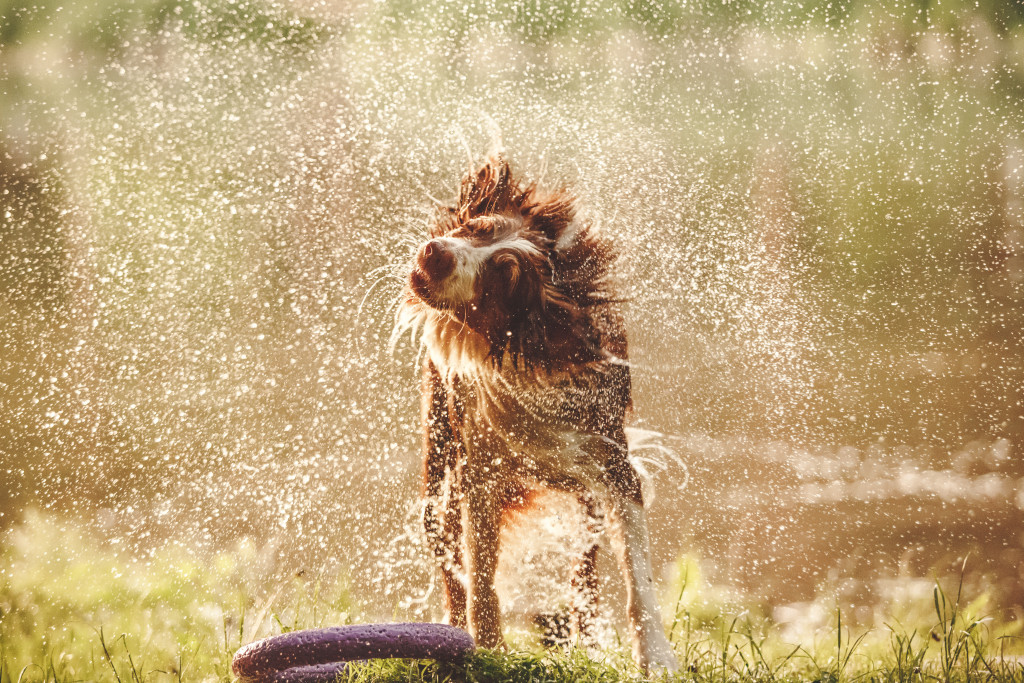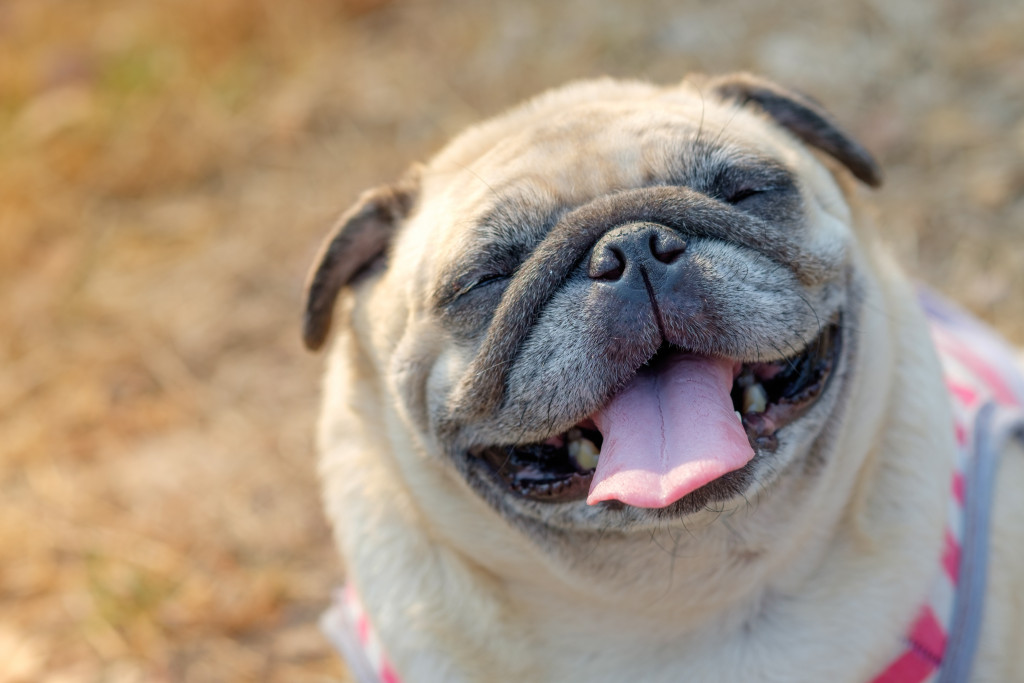When we talk about the global health crisis, we immediately focus on taking care of our families. We instantly prioritize their health and safety to avoid getting infected by the novel coronavirus.
But did you know that pets are also affected by the global pandemic? People with suspected or confirmed COVID-19 can transmit the virus to their pets. Also, the crisis has changed daily routines, including the ways we deal with our pets. For these reasons, we can easily neglect our pets, compromise their health, and put their lives at risk.
The good thing is that animal welfare organizations such as the Humane Society International provides animal owners with some action plans on how to handle their pets. That said, here’s how to take care of the furry members of your family:
1. Identify pets susceptible to the COVID-19
Recent studies suggest that the risk of animals spreading the novel coronavirus to humans is considerably low. In fact, there’s no evidence yet to support the transmission of this coronavirus from pets to people.
But on the other side of the spectrum, people can transmit the virus to their pets. In fact, some reports of animals with SARS-CoV-2 were infected after direct contact with people. While robust studies have yet to be carried out, pet authorities suggest the following animals are susceptible to the COVID-19:
- Cats
- Raccoon dogs
- Hamsters
- Rabbits
- Ferrets
- Minks
- Tree shrews
Furthermore, be wary of the COVID-19 symptoms among pets. Here are the following signs:
- Nasal discharge
- Sneezing
- Coughing
- Difficulty breathing
- Vomiting
- Diarrhea
- Fever
- Lethargy
If your pets are sick, be sure to contact your veterinarian to get them treated right away. The last thing you want to happen is for your furry members to have a worse health condition or end up dying.
2. Have safety measures for pet interaction
It’s easy to see people resort to safety measures to stop the spread of the coronavirus. These include regularly washing hands, wearing masks, and maintaining social distancing.
But when it comes to pet interaction, you must also set safety measures in place. Below are some recommendations set forth by the American Red Cross:
- Wash your hands before and after interacting with your pets.
- If you’re sick, limit your interactions with them.
- If tested COVID-19 positive, self-isolate yourself away from your pets.
- Always keep your pets indoors.
- If you walk them, do so on leashes only.
- When outdoors, do not let your pets interact with other animals.
- If possible, keep the animals six feet apart.

3. Ensure pet hygiene and cleanliness
During the COVID-19 crisis, proper hygiene and cleanliness apply to animals as well. Of course, these pets cannot just clean themselves. As a responsible pet owner, it is your responsibility to take good care of them. To foster their hygiene and cleanliness, consider the following:
- Give your pets a bath regularly
- Clean up your pets after walking them
- Clean your pets’ collars, leashes, carriers, and any other pet belongings
- Consider disinfecting your pet shelters
- Hire veterinarians for pet grooming at home
4. Provide your pets with a healthy diet
To keep your pets healthy and strong, you must nourish them with a healthy diet. If it helps, invest in dog or cat foods that are specialized for animals.
However, it’s easy to overfeed your pets during the lockdown as you’re stuck at home. Keep in mind that doing so is a big no-no. Same with humans, unhealthy portions of food can put their health at risk.
Furthermore, don’t forget your pets’ vaccination during the pandemic. Lastly, give them medication or special medical treatment if they aren’t doing well.
5. Have a safe pet transport
The rule of thumb during a pandemic is to always keep your pets indoors. In fact, it’s best to avoid unnecessary trips for grooming. Sure, you may walk your dogs around your property, but do so with social distancing. And as mentioned above, keep your pets on a leash.
If a trip to a veterinary is essential, however, be sure to have safe transport. If you’re moving to a new apartment and need to bring all your pets with you, consider getting a pet transport service as well. Most of these pet transportation services have health and safety measures in place during this global pandemic.
Taking care of your pets is important during a pandemic. Be wary of your pets susceptible to the COVID-19, set safety measures for pet interaction, and ensure their hygiene and cleanliness. Also, provide them with a healthy diet and always ensure safe transport. In the end, take care of your pets not only because they are furry members of your family but because their lives are valuable.

